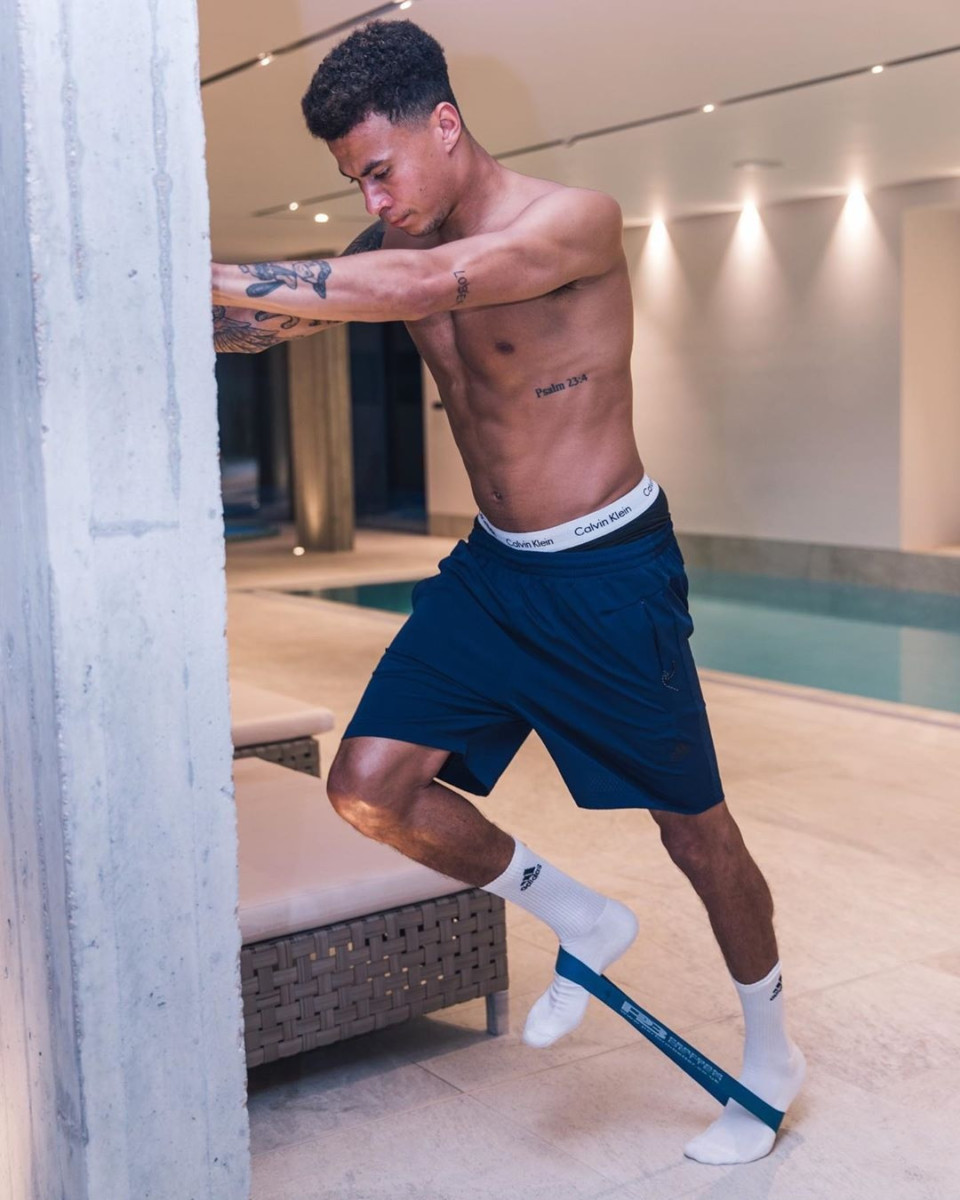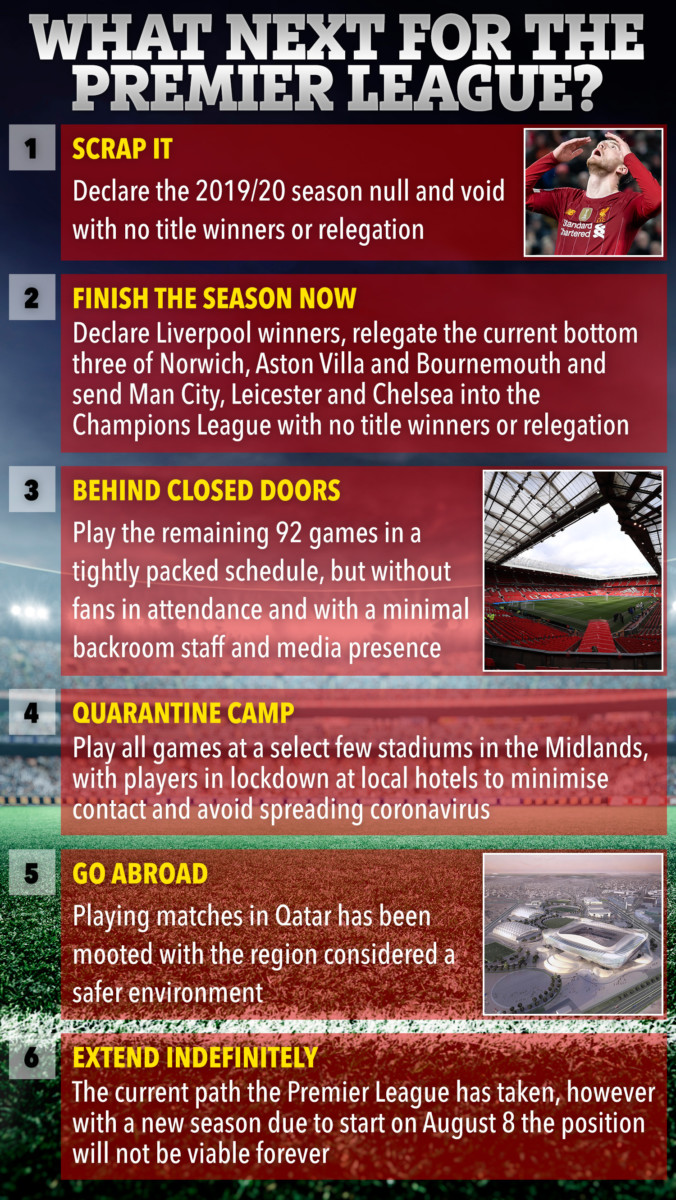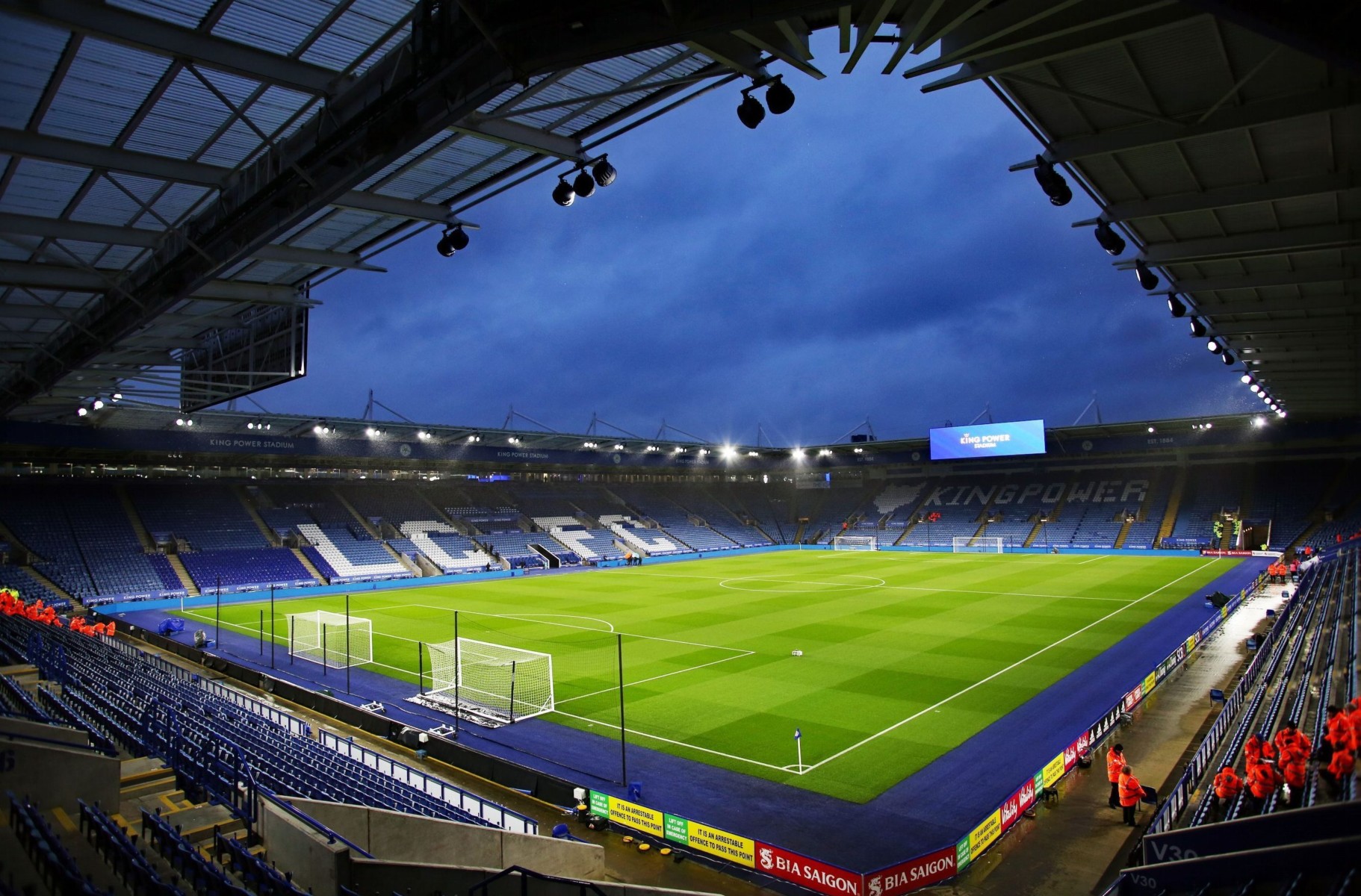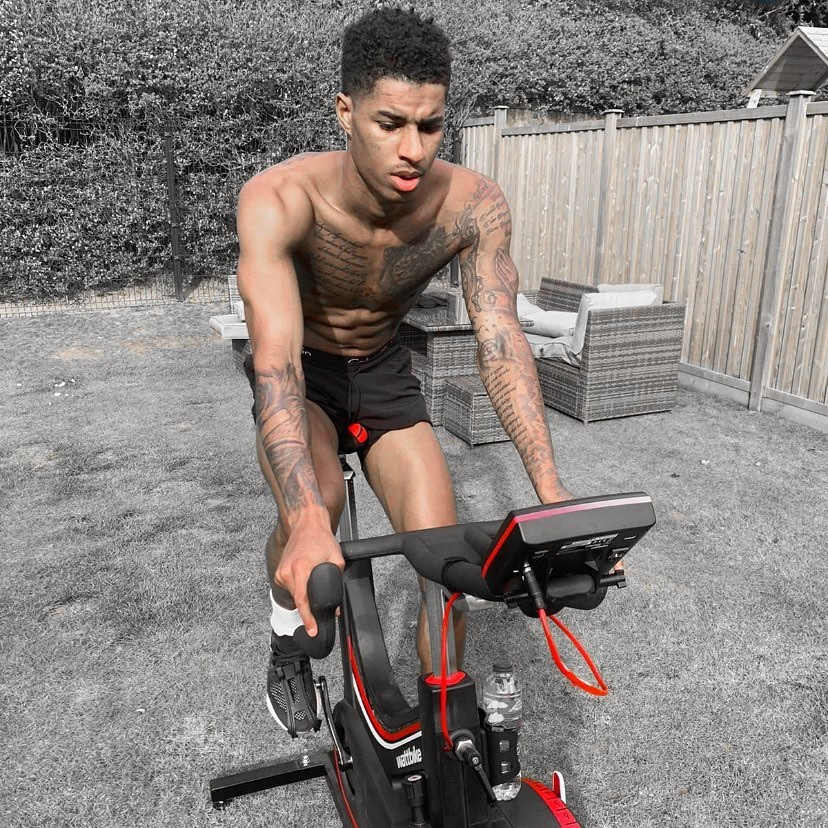PREMIER LEAGUE executives will hold their latest video conference today with the government’s Project Restart top of their agenda.
Seven weeks after all sport in the UK was shut down by the coronavirus pandemic, top-flight football is making tentative plans for a return to action.

A rare bit of good news in these times of fear and stress?
Not if you listen to the prophets of doom queuing to tell us the light at the end of the tunnel is simply an oncoming express train that is going to flatten us all.
If these people have their way, football will remain on hold until there isn’t a single case of Covid-19 anywhere in the world.
Which will probably be some time at the end of next year . . . if we’re lucky.
In the meantime, we all have to sit on our hands and wait for this crisis to miraculously sort itself out.
But before we write off football’s comeback as a flawed ambition which is destined to fail, shouldn’t we actually give it a go?
Who knows, it might just exceed all our expectations and actually work.
Of course there are dozens of hurdles to be overcome before the Premier League can resume.

But let’s try to come up with an answer to these issues rather than conceding defeat at the first fence.
And even if we do trip up along the way, what long-term damage will have been incurred?
At least we’d have a better understanding of the scale of the task ahead and a clearer indication of what still needs to be done.
Because no one is suggesting we start playing matches today, this week or even this month.
With the best will in the world, it will be at least another six weeks before any games can take place behind closed doors.
Even for that to happen, every single person in the stadium would have been regularly tested for the virus and given the all-clear to participate.
That would involve each Premier League club carrying out about 200 tests per week, all privately sourced and paid for.
No one would be tested at the expense of NHS members or the thousands of other key workers currently keeping the country going.
But it would give anxious players the peace of mind they require to know they would not be putting their health in jeopardy by returning to work.

Because where’s the risk if everyone involved is guaranteed coronavirus-free?
Of course there might be some footballers who will suspect they are being used as sporting lab rats.
But it’s not as if they are being asked to put out the Chernobyl fire.
As far as we are aware, only a handful of players have contracted the virus so far and hardly any required hospital treatment.
Arsenal manager Mikel Arteta, British football’s first confirmed Covid-19 case, reckons it took him about four days to recover.
Thousands of people have not been so fortunate but very few of them were super-fit sportsmen whose heart and lung capacity is monitored on a daily basis.
So while the Premier League clubs are desperate to complete the season to avoid losing £750million of TV money, they are not so desperate as to endanger the lives of their star players. Every step on the road to football recovery will be tracked and strictly regulated by a small army of club doctors and medical experts.
If all goes to plan, the government will start to ease its lockdown measures next Thursday, allowing Premier League players to train in small groups the following week.
Then it would be a step up to full training before the season hopefully resumes on June 8.
But for that to happen would require the kind of positive attitude which Sheffield United manager Chris Wilder showed in his exclusive interview with SunSport yesterday.
Instead of looking for potential pitfalls, Wilder is counting down the days to getting back on to the training ground.
Players who have pocketed small fortunes for doing absolutely nothing these past seven weeks should also be champing at the bit to do the job for which they are so handsomely rewarded.
We have already wasted seven weeks wondering how to get football back on its feet.
Let’s not squander this opportunity without giving it our best shot.
Tough line has sting in the Tayl
IF you’re not part of the solution, you’re part of the problem — and the PFA aren’t coming up with any answers right now.
The Players’ Union have done everything in their power to stop footballers taking a pay cut to help their clubs ride out the crisis.
Now they have been balloting their members about the prospect of refusing to play in July if their contracts expire in June.
Gordon Taylor might believe his hard-line stance is helping to protect the players’ long-term interests but it’s actually having the opposite effect.
Because instead of trying to negotiate temporary reductions, clubs are now seriously examining the idea of permanent salary caps and a maximum wage.
No wonder his tactics are coming under question, with ex-Stoke and Reading striker Dave Kitson announcing his intention to oust Taylor as chief executive.
Yet it would be a mistake for anyone to think that, after 39 years in power, Taylor is going to hand over the reins to his £2million-a-year job without a fight.
Franz in Der clear
FRANZ BECKENBAUER has dodged potential prison time by stringing his trial out for more than five years.
He was accused of authorising £8.4million in bungs to secure the 2006 World Cup finals for Germany when he was head of the German organising committee.
Beckenbauer denied all charges but needed the coronavirus crisis to carry his case beyond Switzerland’s statute of limitations.
At least Der Kaiser is not going to be spending the next few years behind bars doing muesli. At 74, he’ll settle for that.

